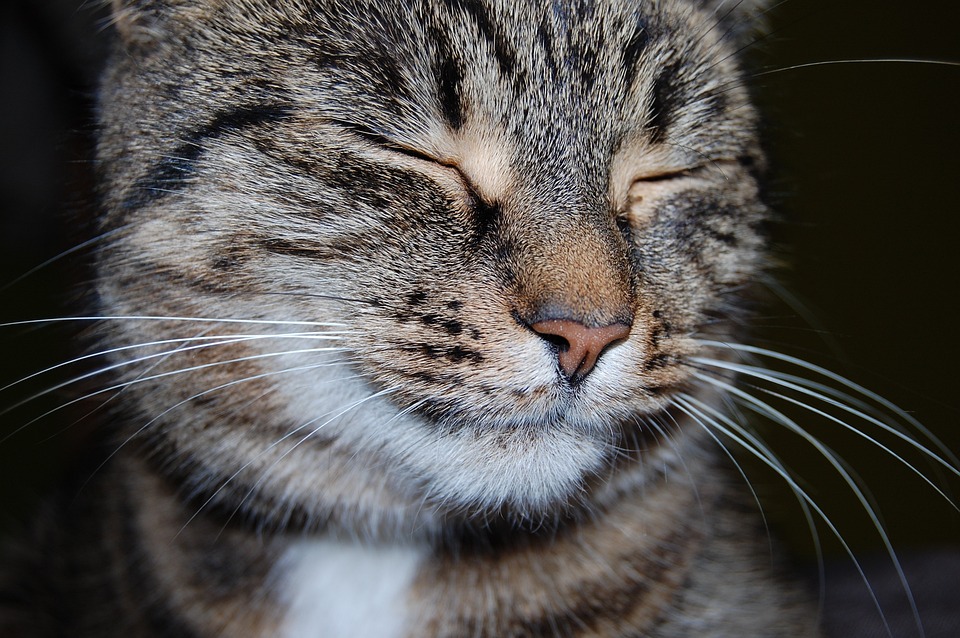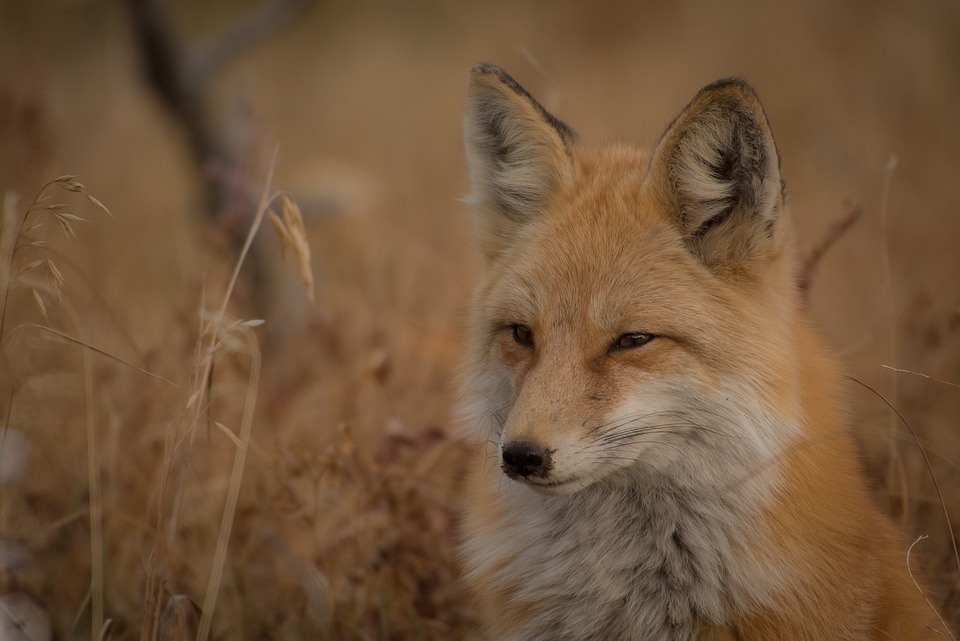Averie Douglass, a passionate rider and admirer of horses, took a break from her beloved pastime during college. After trying competitive riding, she realized that her true passion lay in simply being in the presence of animals. However, after a short hiatus, she found herself drawn back to the world of horses and was eager to get back in the saddle.
“I asked myself, ‘Why did I ever stop?’ I’ve always felt something special around horses, but after trying competition, I decided I just wanted to go to a farm and be in the presence of animals,” says Douglass.
She started taking riding lessons again and began researching graduate programs. With a psychology major from a university in North Carolina, Douglass was intrigued by the flexibility and opportunities that come with a master’s degree in social work. From counseling and clinical work to program development and advocacy, the field of social work offered a wide range of possibilities for her to explore.
“When you’re applying, it’s such a learning experience because you’re writing personal statements and essays about what your goals and your niche are,” she says.
As she submitted applications, Douglass drew from her personal affinity for horses and an undergraduate internship in therapeutic riding to express her interest in alternative approaches to well-being, such as equine-assisted services. Despite applying to multiple schools, the University of South Carolina stood out to her. After visiting the campus and falling in love with the atmosphere, she knew that it was the perfect fit for her. Upon being accepted into USC’s MSW program, Douglass felt that “something just made sense about being here, and it has been the best decision.”
At USC, Douglass was able to nurture her interest in equine-assisted services through a field placement she pursued and helped design in partnership with the College of Social Work and Hickory Top Horse Farm in Eastover, South Carolina. She observed therapy sessions for program participants, shadowed executive director Amanda Malanuk, participated in horse care, learned about farm operations, and researched equine-assisted therapy and therapeutic riding to prepare presentations for volunteers.
She witnessed participants of all ages benefiting from interacting with the horses, whether they were older adults in memory care or children and teens with conditions such as cerebral palsy or autism. Douglass noted the calming effect that the horses had on the participants, particularly those with dementia who experienced reduced anxiety and depression after engaging with the animals.
For some participants, getting to know the horses became a confidence-building experience, starting from a simple interaction like letting the horse sniff their hand to eventually leading the horse through a planned course. Equine-assisted services were also combined with occupational or physical therapy for individuals with specific needs, such as a middle schooler with cerebral palsy or children with learning disabilities like dyslexia.
Before starting her job in Charleston, Douglass will undergo training to become certified in equine-assisted therapy and learning. She will be working as a mental health professional at Lowcountry Equine-Assisted Psychotherapy (LEAP), where she will facilitate the horse-human connection alongside an equine specialist. Unlike Hickory Top, LEAP focuses on interactions between clients and horses without therapeutic riding. As equine-assisted services gain popularity, LEAP aims to expand its staff to assist more clients, including military populations through a partnership with the VA.
“I’m excited about facilitating the horse-human connection,” Douglass says. “For people who have never seen a horse or been on a farm, or for those who have but don’t know the healing capabilities horses possess, I want to be the person who can connect someone to that new experience.”
Douglass credits USC and the College of Social Work for preparing her for her dream job. She acknowledges the support she received in establishing the partnership with Hickory Top and emphasizes the importance of building a strong network in the field of social work.
“The College of Social Work was so supportive in allowing and helping me establish the partnership with Hickory Top. It really reinforced the idea that if something doesn’t fit, go find something that does. And I couldn’t have gotten through grad school without the community I built. Having that network is going to help me be successful. We don’t do social work alone.”





